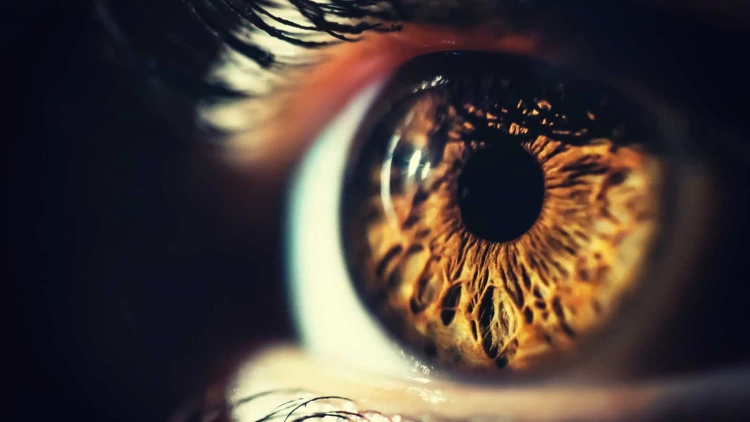What Is Eye Herpes?
05 February 2021

Eye herpes (a.k.a ocular herpes) is a disease brought on by an infection of the herpes simplex virus (HSV). The virus is relatively common, as it's the same virus that causes cold sores. Eye herpes comes in various forms with some being a mild infection and others bringing on more problematic issues such as blindness.
Herpes keratitis is the most common form of eye herpes and is usually the type to be least concerned about. It is a viral corneal infection that generally affects only the cornea (the transparent layer that covers the front of your eye) and usually heals without scarring.
Iridocyclitis is where the virus attacks the iris and surrounding tissues inside the eye which become inflamed, causing severe sensitivity to light, blurred vision, pain and red eyes.
Stromal keratitis is the most concerning and occurs when the infection goes deeper into the corneal layers. This can lead to scarring, loss of vision and, occasionally, blindness.
What causes eye herpes?
Eye herpes can occur when contact is made with another person who is having an outbreak. The herpes simplex virus invades the body through the nose or mouth and travels into the nerves, where it may be inactive. The virus can remain dormant for many years and possibly never wake up.
You can also self contaminate if bacteria from one part of the body with active herpes infection (e.g. cold sore on the lip) is transmitted to another area (e.g the eye).
Scientists have also found evidence that long term stress can trigger a herpes outbreak in the eye. When a previous herpes outbreak goes untreated, there is a chance it will return. It is believed that stress encourages the infection to reactivate.
Eye Herpes Symptoms
Eye herpes can affect different parts of the eye and the surrounding area. Symptoms can appear in the form of:
- Eye redness
- Eye pain
- Tearing
- Headache
- More sensitivity to light
- Rash with blisters on the eyelids
- Feeling that something is in the eye
- Painful sore on the eyelid or eye surface
- Reduced vision linked to eye pain or eye redness
You may experience symptoms in both eyes, but it usually is more prominent in one.
Eye Herpes Treatment
We at Ultralase do not currently offer any procedure for eye herpes/ocular herpes. Your local GP or optometrist will be able to provide you with the medicine you need. Treatment for eye herpes depends on where the virus is infecting the eye, for example, the cornea, stroma, retina, etc. Recovery time for ocular herpes is usually between 1 to 2 weeks (but it can last longer). Treatment is generally needed to reduce the risk of complications.
The most common treatments are:
- antiviral eye drops: these stop the virus spreading and are usually used many times a day for up to 2 weeks
- steroid eye drops: these may be used in combination with antiviral drops (under supervision by an ophthalmologist) to reduce inflammation
- antiviral tablets: these are needed to treat more severe infections and prevent them from ever returning
Some eye herpes remedies could further aggravate the outbreak; hence why each patient should be considered on a case-by-case basis. However, it is crucial to seek medical help if an ocular herpes outbreak occurs. The National Eye Institute says untreated eye herpes has between a 40% to 50% chance of returning.
If you feel that you are experiencing any symptoms related to eye herpes, it is essential you book an eye test appointment with your local optometrist immediately. By diagnosing the infection early and receiving treatment, it will reduce the risk of vision loss and prevent the herpes disease from ever returning.
Back to Blog
